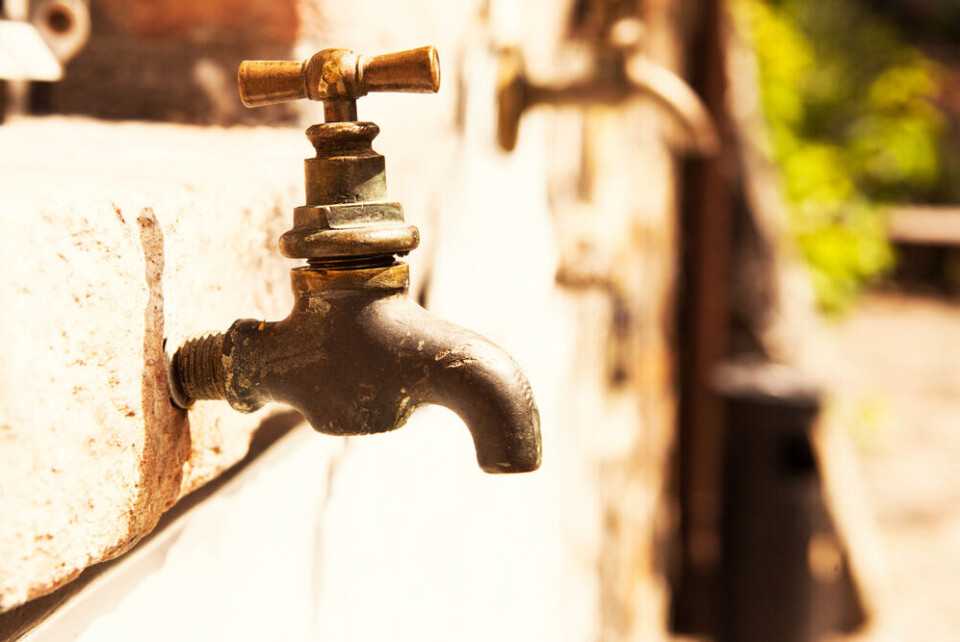-
White storks make strong return in France via nest ‘platforms’ and clipped wings
The Ligue pour la Protection des Oiseaux shares the conservation challenges in saving these birds from extinction
-
Hosting scheme in south-west France lets newcomers sample lifestyle
Households in nine Dordogne communes volunteer under Mes Nouveaux Voisins scheme
-
French boulangeries demand right for staff to work on May 1 so they can open
Artisan bakery owners can work but employees cannot, while certain industrial bakeries are allowed to remain open with workers
Several villages in south of France without tap water due to drought
40 communes are now under surveillance and could run out of water at any moment. It is the first time this has happened in winter

A two-year drought has left five communes in the south of France without tap water, with residents forced to rely on water from bottles or from tanker deliveries.
In addition, 40 further communes in the Pyrénées-Orientales department are being monitored, with water levels dangerously low and which could run out at any moment.
“Villages [not having] drinking water has never happened before in winter,” said Nicolas Garcia, mayor of the Elne commune in the department.
“They could run out of water, from one day to the next,” he said about the 40 other communes currently under surveillance.
Drought season worsens over winter
Heavy rains at the end of 2023 replenished groundwater basins across the north, west, and east of France, but not in the Pyrénées-Orientales.
Even in other parts of the south, where less rain fell, water tables are ‘below average’, but fears of an intense summer drought are low.
However, in the Pyrénées, less than half the average annual rainfall was recorded across the entirety of 2023 (only 250mm compared to 550mm). This follows multiple years where this number was significantly below average.
The latest report by the BRGM (Bureau de Recherches Géologiques et Minières) shows the critically low water levels in the Pyrénées compared to the rest of the country.
In winter, tables are partially replenished by rains, but towards spring are filled by melting snow from the nearby mountains.
This year, however, a lack of snowfall, already responsible for restricting winter tourism that the department relies on, has also further limited water supplies.
The current communes affected are in the north of the department near Fenouillèdes, or in the centre around Conflent.
The departments under surveillance cover a much wider area, however, with the entire department under threat.
Will conditions worsen?
Drought conditions have been present in the department since 2021, however unlike most areas in France, which have seen waves of successive droughts, the situation has been permanent here.
A number of villages last summer ran out of running water, and were provided bottled water until a new borehole could be drilled which passed safety measures.
An action plan was launched last week by the departmental prefect, largely with a view of cutting down on water usage, repairing leaky infrastructure and recycling used water.
It also included measures to restrict drilling for water for agricultural uses, as well as to implement controls on water usage in holiday camps that populate the area.
The latter again may impact tourism, which is a key economic driver for the department.
A proposal that would require swimming pools to remain covered to prevent water evaporation has also been suggested.
Last year, the Pyrénées-Orientales department banned the sale of swimming pools to limit water usage, however this was widely criticised by a pool owner’s federation.
It claims far more water is lost to leaks than is required to fill private pools.
Related articles
Stop stigmatising us during droughts, say pool owners in France
What is France's 'drought' website VigiEau?
























